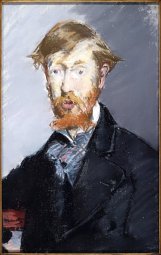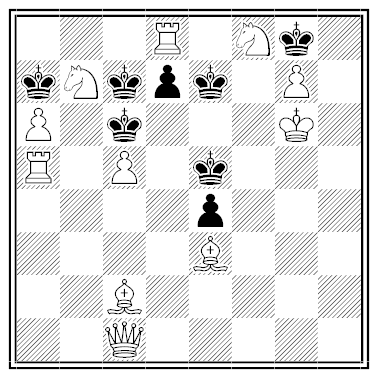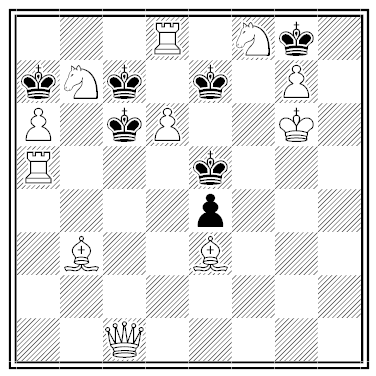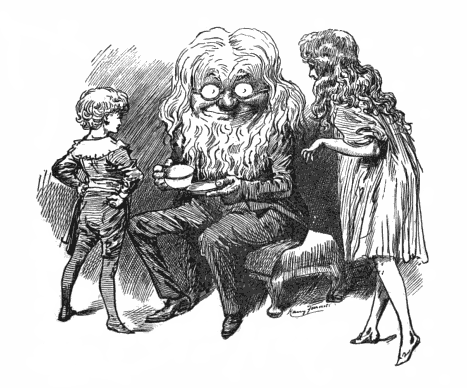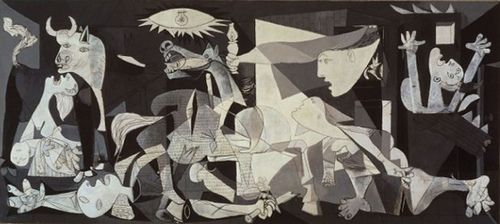Under the terms of an 1845 treaty, Texas has the right to divide itself at any time into five new states.
That was part of the deal when the Lone Star State was first annexed to the Union, and, according to University of Minnesota law professor Michael Stokes Paulsen, it’s still valid and constitutional.
Such a move would create eight new senators and four new governors — and it would add eight votes to the Electoral College.

